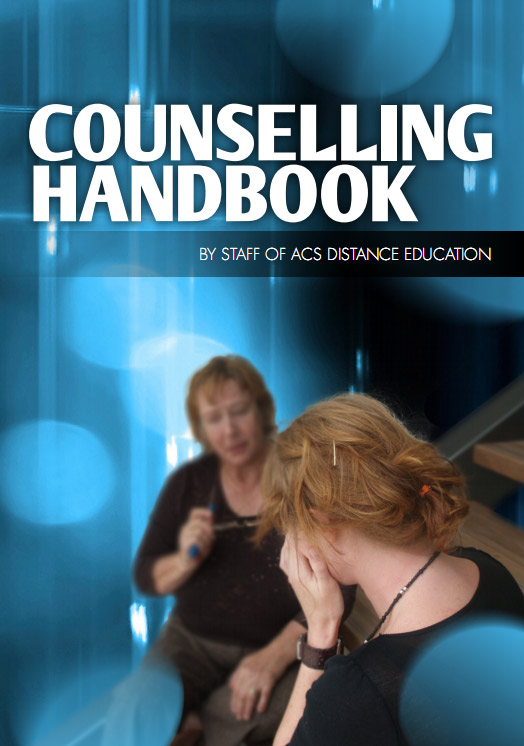 What Counsellors Do
What Counsellors Do
What does a counsellor do, really? Counselling is a process with several possible streams. Usually, it begins with careful and attentive listening to encourage a person to talk about their feelings, what is bothering them, and what kind of help they are looking for. Then, the counsellor might help the client understand how their feelings and actions might contribute to their distress or concerns (identify negative patterns of behaviour or thinking). Next, the counsellor might engage in collaborative problem solving with the client, empowering the person to gain greater control over their emotions and situation by making more positive, beneficial choices. There is no one correct counselling process, but most counselling situations will involve one or all of these processes.
The counsellor is not a teacher or a leader, but may both teach and lead in order to develop the person’s willingness and ability to take more control over their lives. The overall goal of counselling is to build the person’s sense of confidence, and to empower them so that they can make choices, and act more consciously to create their lives. This often involves helping the person understand what they are actually experiencing, and how they might be contributing to their distress, helping the person identify options, make choices, and learn new coping skills.
Sometimes, the counsellor’s task is simply to support an individual through a particularly distressing or challenging period, or through a period of recovery. In such instances, the counsellor may do little more than listen and provide a respectful, caring, safe, and sensitive environment in which a person can explore their feelings, and seek their own answers.
Some areas in which counselling might be sought or provided are:
- stress, depression and anxiety
- relationship issues
- personal development
- personal, study, sports, or business effectiveness
- finances
- career or study choices
- grief, crisis or trauma
- culture shock or adjustment
- life or situation changes and transitions
- torture, war and other political situations
- assertiveness and confidence.
Counsellors might also be part of a holistic approach to helping individuals gain a greater sense of competence, personal power, confidence, and physical and psychological well-being, and might be accompanied by complementary therapies to improve well-being through improved health and nutrition.
Counselling is very useful as a complement to social work and youth work, coaching, teaching, health services, as well as to other helping services, and with good counselling skills, those working in these fields will able to be of much greater service to others.
Counsellors also support individuals by providing information, advice, mediation, and referral to many kinds of services, or by teaching individuals specific coping and other skills, such as conflict resolution, anger management, assertiveness, and communication skills.
Study a Diploma (click here)
or Certificate in Counselling (Click here)